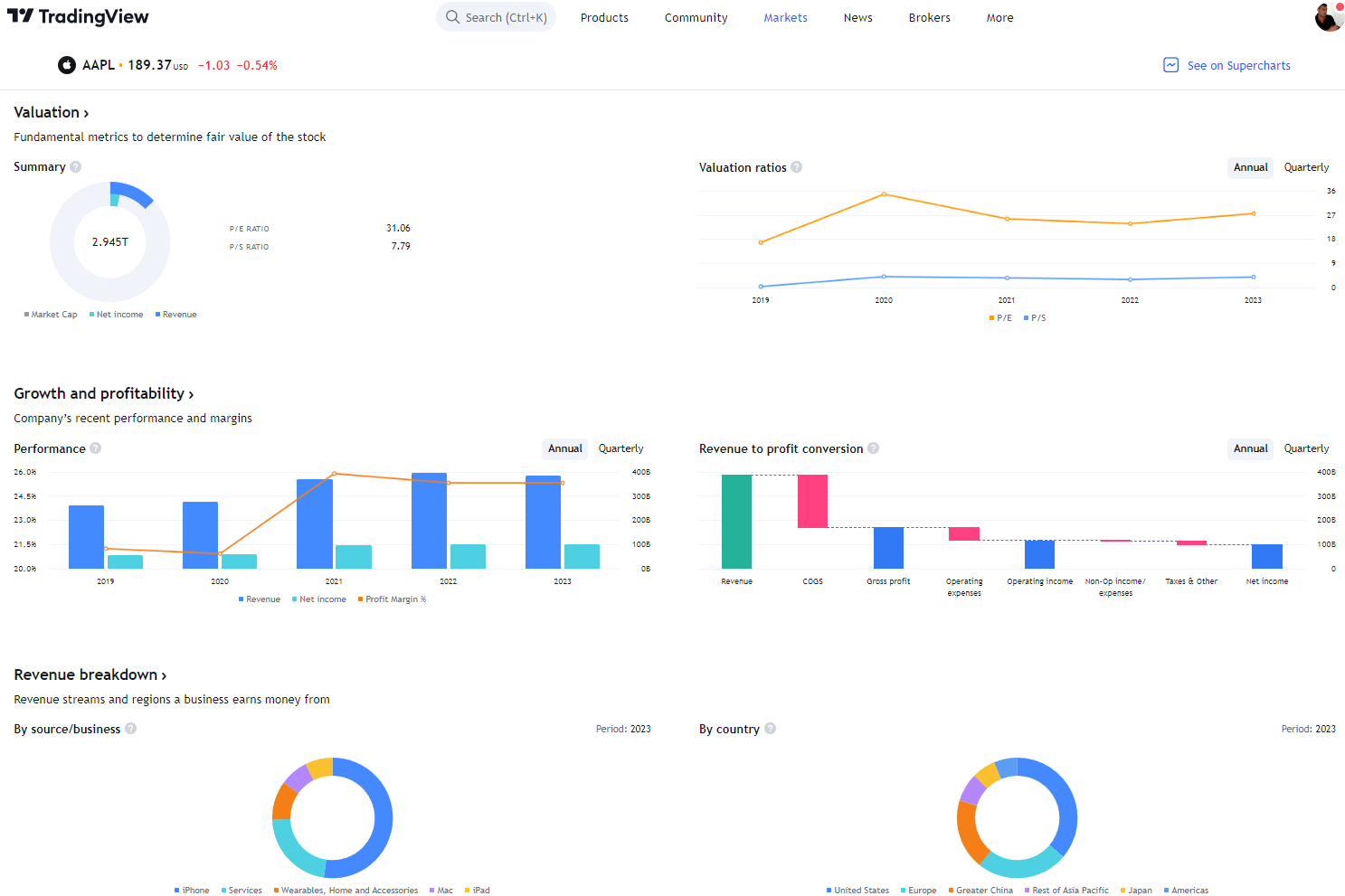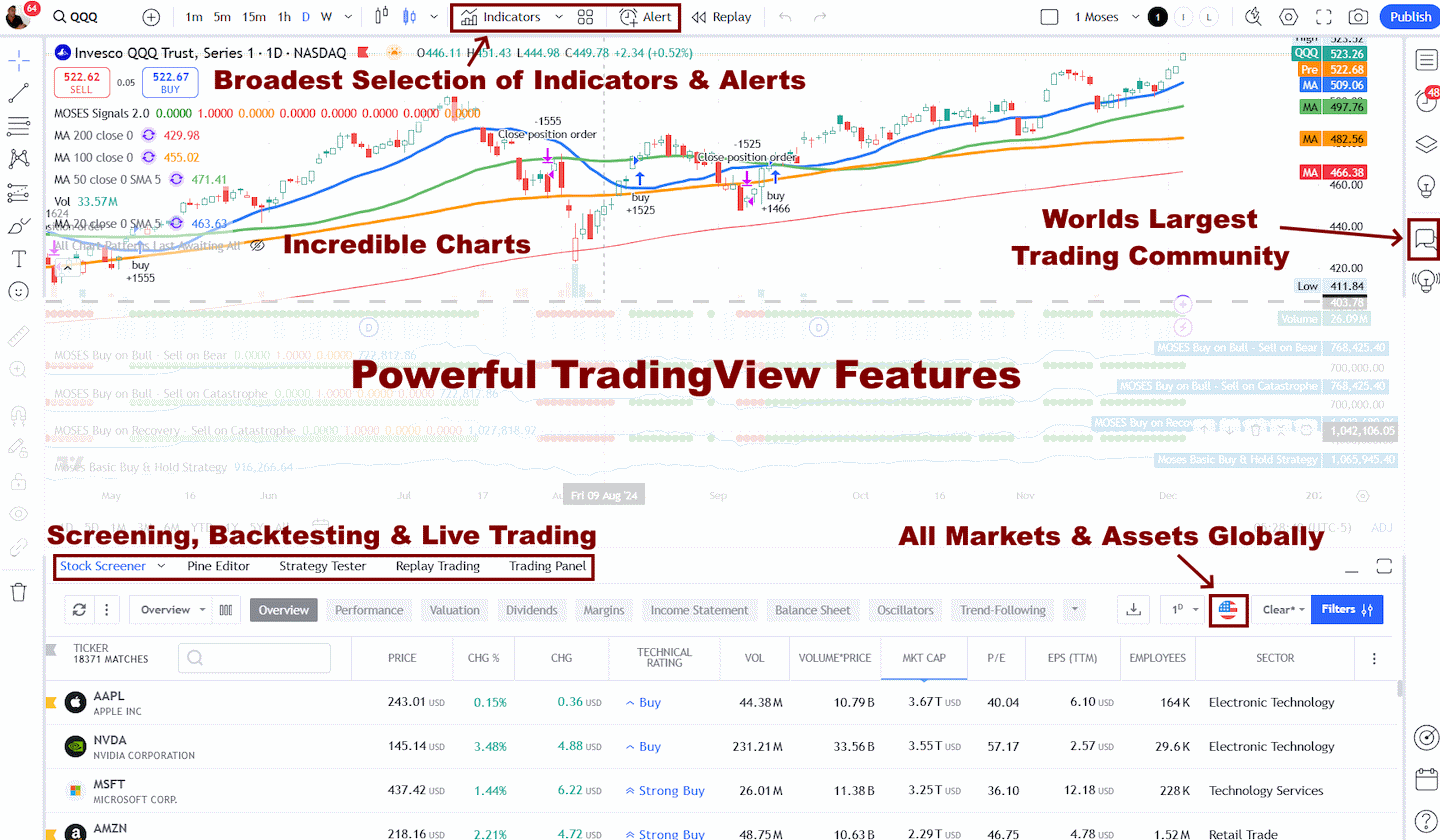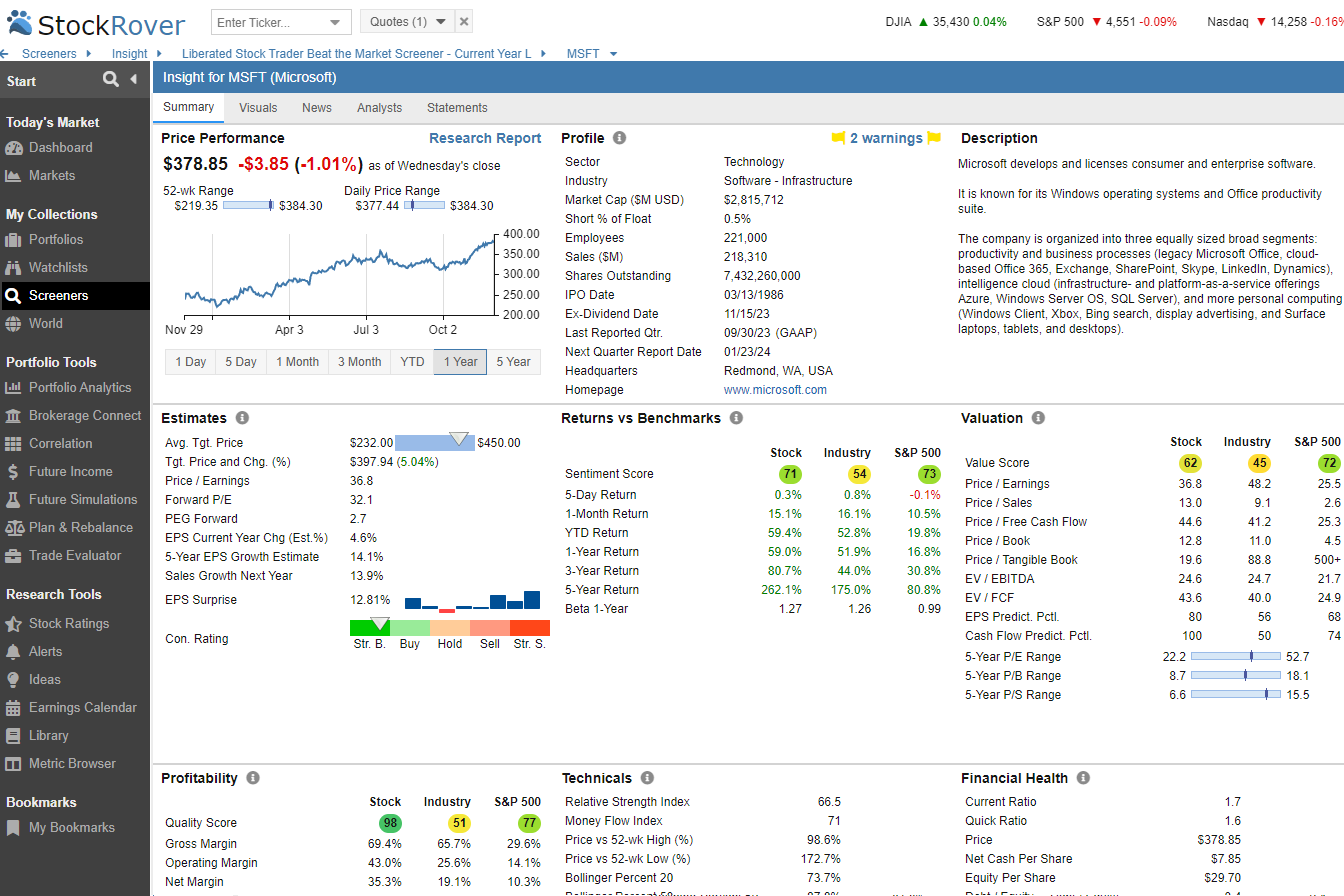Freeriding in stocks involves a trader purchasing shares or other securities and selling them before the initial transaction has settled, effectively using capital that does not yet exist in the account.
This trading method may seem harmless or simply a way to capitalize on market movements, but it infringes upon established trading regulations and can lead to significant penalties for traders
Without an awareness of the settlement process and the Federal Reserve Board’s application of Regulation T, traders might inadvertently commit a freeriding violation, which could result in serious repercussions for their investment accounts.
Understanding the rules governing cash account transactions is thus essential for investors. Unlike margin accounts, which allow borrowing to facilitate trades, cash accounts rely solely on settled funds to make legal purchases. Trades violating these regulations can lead to an account being frozen, preventing the investor from making new purchases for a specified period.

Key Takeaways
- Freeriding involves selling securities before the purchase has settled, violating trade regulations.
- A good faith violation occurs when an investor buys securities with unsettled funds and then sells those securities before the funds used to make the purchase have settled.
- Regulatory consequences of freeriding include potential account freezes for up to 90 days.
- Investors must understand trade settlement processes to manage risks and comply with legal frameworks.
Understanding Freeriding
Freeriding has specific rules and potential consequences. For investors using cash accounts, a clear understanding of what constitutes freeriding, how it occurs, and its distinction from similar violations is essential.
Definition of Freeriding
Freeriding refers to an investor buying and then selling securities in a cash account without having the necessary settled funds to cover the purchase. This action violates regulations set forth by governing financial bodies and can lead to a freeze on the investor’s ability to trade.
The Mechanics of a Freeride Transaction
A typical freeride transaction unfolds as follows: An investor buys securities without sufficient settled cash in their account. Before the purchase is settled, they sell the securities, anticipating that the sales proceeds will cover the initial buy order. However, since the purchase was never truly funded by the investor’s own money, it constitutes a freeriding violation.
Freeriding Versus Good Faith Violations
While both involve trading in a cash account, freeriding and good faith violations differ. A good faith violation occurs when an investor buys securities with unsettled funds and then sells those securities before the funds used to make the purchase have settled. In contrast, freeriding involves selling the newly purchased stock before the initial purchase has settled, which is not permitted under the Federal Reserve Board’s Regulation T.
Try TradingView, Our Recommended Tool for International Traders
Global Community, Charts, Screening, Analysis & Broker Integration

Global Financial Analysis for Free on TradingView
Regulations
The regulatory framework for trading in the stock market imposes strict rules to ensure fair practices and minimize risks. Two critical entities, the Securities and Exchange Commission (SEC) and the Federal Reserve Board, play an essential role in monitoring these activities, highlighting a need for brokers to maintain compliance with the established regulations.
Securities and Exchange Commission
The Securities and Exchange Commission (SEC) enforces laws regulating the securities industry. Its main goals are to protect investors, ensure fair and efficient markets, and facilitate capital formation.
A key part of the SEC’s role is overseeing brokers’ compliance with cash account trading rules prohibiting freeriding violations. These rules require that securities are fully paid for and that investors engage in transactions in good faith.
Federal Reserve Board’s Regulation T
The Federal Reserve Board’s Regulation T plays a crucial role in credit governance by securities brokers and dealers. Regulation T specifically outlines cash account trading rules, including the prohibition of freeriding.
This regulatory measure states that investors cannot sell a security before paying for it, requiring sufficient capital in the investor’s account to cover the securities purchased.
Broker Compliance Requirements
Brokers must enforce the rules established by the Federal Reserve Board and supervised by the SEC. They must ensure clients have the funds to cover their transactions to avoid good faith and freeriding violations. When a freeriding incident occurs, brokers must “freeze” the involved cash account for 90 days. While the account can still trade, it cannot purchase stocks with unsettled proceeds, reflecting a stringent aspect of Regulation T compliance requirements.
My thorough testing awarded TradingView a stellar 4.8 stars!
With powerful stock chart analysis, pattern recognition, screening, backtesting, and a 20+ million user community, it’s a game-changer for traders.

Whether you're trading in the US or internationally, TradingView is my top pick for its unmatched features and ease of use.
Explore TradingView – Your Gateway to Smarter Trading!
Consequences of Freeriding
Freeriding violations in the stock market carry significant repercussions that affect investors’ ability to trade and manage their securities. These consequences include mandatory account restrictions, financial penalties, and potential impact on an investor’s credibility and trading profile.
90-Day Freeze on Accounts
When an investor engages in freeriding, which entails buying and selling a security in a cash account without covering the initial purchase, their brokerage is compelled to freeze the account for 90 days. During this period, the investor must fully fund any purchase of securities on the settlement date before selling them. This Regulation T violation restricts the investor’s ability to rely on pending sales to cover purchases, fundamentally changing their transaction process for the set duration.
Penalties for Freeriding Violations
Beyond the freeze, penalties for freeriding can manifest as fees or more severe sanctions. Some brokerages might impose financial penalties on freeriding practices, while others may escalate the matter to regulatory agencies, resulting in fines or investigation. These punitive measures emphasize the importance of understanding and complying with Regulation T guidelines to avoid inadvertent violations.
Impact on Investor Profiles
Freeriding does more than impose temporary operational limitations; it carries implications for an investor’s profile. Repeated violations might lead to enhanced scrutiny by the firm, affecting an investor’s reputation with current and future brokerages. They might be seen as a riskier client, which could negatively affect the terms or services made available to them going forward.
Managing Risks in Cash Accounts
In a cash account, trading involves clearly understanding settlement rules and available capital to avoid violations such as freeriding. Managing risk effectively hinges on abiding by these regulations and ensuring all trades are conducted within the boundaries of settled funds.
Importance of Understanding Settlement
Settlement refers to the official transfer of securities to the buyer’s account and cash to the seller’s account. Typically, the settlement date is T+2, two business days after the trade date.
Investors need to be aware that selling securities before the settlement of the purchase transaction can result in a freeriding violation. Therefore, having a thorough understanding of settlement procedures is crucial to managing and mitigating risks associated with the timing of trades in cash accounts.
Strategies to Avoid Freeriding
To prevent freeriding, traders should ensure they have sufficient funds to cover the cost of securities before making a purchase. One strategy is to wait until the settlement date of previous sales before using those funds to buy other securities.
It’s also prudent to track any unsettled funds that falsely represent available capital. By being mindful of the T+2 settlement period and maintaining a capital buffer, investors can avoid making unintentional trades that could lead to violations.
Role of Brokers in Preventing Violations
Brokers and broker-dealers play a pivotal role in helping investors comply with trading regulations in cash accounts. They can provide tools and resources to track trade settlement dates and the status of unsettled funds.
Brokers can also implement restrictions to prevent clients from trading with insufficient funds, thus averting potential freeriding situations. By offering adequate guidance and real-time account monitoring, they ensure that traders make informed decisions aligned with regulatory requirements.
Chart, Scan, Trade & Join Me On TradingView for Free
Join me and 20 million traders on TradingView for free. TradingView is a great place to meet other investors, share ideas, chart, screen, and chat.
Advanced Trading Considerations
Additional considerations exist for those using more complex strategies or accounts when trading stocks. Understanding the implications of trading in margin accounts, the consequences of liquidation violations, and the intricacies of active trading can help investors navigate the market more effectively.
Trading in Margin Accounts
In a margin account, traders can borrow funds from their brokerage firm to purchase securities, a process known as buying on margin. This amplifies both the potential gains and the risks associated with trading.
Traders must maintain the minimum margin requirements the brokerage and regulatory bodies set. If the equity in the account falls below this threshold, a margin call may be issued, requiring the trader to deposit additional funds or sell securities to cover the deficit.
Liquidation Violations and Consequences
A liquidation violation occurs when a trader does not meet a margin call in time, and the brokerage firm has to sell securities to meet the required levels. The consequences of such violations include:
- Restrictions on the brokerage account, limiting future trading activities.
- Fines or penalties applied by the brokerage firm or regulatory agencies.
Repeated liquidation violations can result in more severe penalties or even account closure.
Active Trading and Brokerage Services
Active traders frequently buy and sell securities and may benefit from certain brokerage services designed to accommodate their trading style. These can include:
- Real-time market data and analytics tools.
- Lowered commission fees for high-volume trading.
- Advanced order types to automate trading strategies.
Active traders must be aware of the settlement periods for their trades to avoid freeriding, which is illegal. Furthermore, they must ensure that all trades comply with the regulations set forth by the Federal Reserve Board’s Regulation T, especially regarding payment for securities purchased.

Try Powerful Financial Analysis & Research with Stock Rover
Practical Tips for Investors
Investors should be aware that effective account management and a thorough understanding of the rules surrounding the purchase and sale of securities are crucial. They must diligently track their cash available to trade and avoid committing violations such as freeriding, which can have serious consequences.
Effective Account Management
Investors must regularly monitor their accounts to ensure that they have sufficient credit or cash to cover trades. Effective account management means being proactive in reconciling account balances following trades. This prevents settlement issues that can arise when the full amount for the purchase of securities is unavailable when needed.
Leveraging Cash Available to Trade
Having a clear understanding of one’s cash available to trade is vital. Investors should always check this balance before executing a trade. If an investor buys a security, they need to have the full amount required for that purchase in their account before making the sale. This avoids committing freeriding, which is considered illegal.
Understanding the Purchase of Securities
When one purchases securities, they must be fully informed of the settlement period, which traditionally takes place over several business days. They must have the full trade amount in their account before this period to settle the purchase legally. Investors should acquaint themselves with these timelines to manage their trades effectively.
Case Studies
This section explores real-life instances of freeriding and delves into the repercussions within various security trades, providing a practical understanding of the concept.
Examining Freeriding Scenarios
ABC Stock: In one particular scenario, an investor with a cash account bought shares of ABC stock valued at $5,000 using the sales proceeds from a previous sale of the same stock that had not yet settled.
This action resulted in a freeriding violation, as the investor effectively used funds not yet available (unsettled) to make the purchase. They were subjected to penalties such as account restrictions, requiring all future purchases to be fully funded before the trade execution.
XYZ Stock: Another common example involves XYZ stock, where an investor sells the shares with settled funds before paying for the initial purchase. This practice leads to similar restrictions on their trading account and incurs potential regulatory scrutiny.
Analysis of Freeride Cases in Different Securities
Securities: Freeriding is not limited to individual stocks; it extends to various securities, including mutual fund shares and options. A trader who buys and sells options within the same day without paying in full commits a freeriding violation.
Gains: The gains from these unauthorized transactions are particularly scrutinized. Even if the investor profits from the premature sale of securities, the gains can be negated by regulatory penalties, including the possibility of the account being frozen or the investor being banned from making certain trades.
Reviewing these case studies reveals the importance of understanding and adhering to the settlement rules that govern trading activities. Freeriding carries serious consequences regardless of the type of security being traded.
FAQ
What constitutes a freeriding violation in the context of stock trading?
A freeriding violation occurs when an investor buys securities in a cash account and sells them before paying for the initial purchase. The investor is essentially using the capital gains from the sale to pay for the original purchase, which is not permitted under the Federal Reserve Board's Regulation T.
Why is engaging in freeriding considered illegal in securities trading?
Engaging in freeriding is illegal because it contravenes the credit extension rules set by the Federal Reserve Board's Regulation T. This rule requires investors to pay for securities with settled funds before a sale, ensuring a fair and orderly functioning of the securities market.
Can you provide an example of what would be considered a freeride violation?
An example of a freeride violation would be if an investor buys a stock with unsettled funds on Monday and sells it on Tuesday before the initial payment for the stock purchase has settled. This is a violation as the purchase was not fully paid for before selling.
What strategies can day traders employ to avoid good faith and freeriding violations?
Day traders can avoid good faith and freeriding violations by using a margin account, which allows for trading with borrowed funds, or by ensuring they have sufficient settled funds in their cash accounts to cover all purchases. Trading only with settled funds and understanding the settlement time frames can prevent such violations.
How does freeriding differ from a good faith violation in financial trading?
Freeriding specifically involves selling an asset before paying for its purchase. At the same time, a good faith violation can occur when an investor buys and sells securities on unsettled funds, even if they don't sell the securities that were initially bought on an unsettled basis.
In what ways can investors prevent freeriding violations when using margin accounts?
Investors using margin accounts can prevent freeriding violations by understanding margin account rules and ensuring they have enough settled funds or have sufficient margin to cover any securities purchased. Regular monitoring of account status and timely settlements of trades help maintain compliance with trade regulations.
